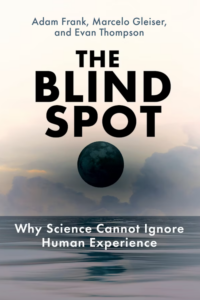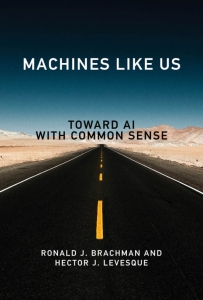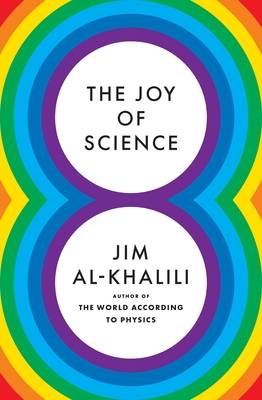“The Blind Spot: Why Science Cannot Ignore Human Experience” with Professor Adam Frank
Since the Enlightenment, humanity has turned to science to answer profound questions about who we are, where we come from, and where we’re headed. However, we’ve become stuck in the belief that we can fully understand the universe by viewing it from a detached, external perspective. In focusing solely on external physical realities, imagined from this objective standpoint, we overlook the vital role of our own lived experience. This is the “Blind Spot” that astrophysicist Adam Frank, theoretical physicist Marcelo Gleiser, and philosopher Evan Thompson discuss in their book “The Blind Spot: Why Science Cannot Ignore Human Experience”. They identify this “Blind Spot” as the root of many modern scientific challenges —whether it’s in understanding time and the origin of the universe, quantum physics, the nature of life, artificial intelligence, consciousness, or Earth’s function as a planetary system. In this episode of Bridging the Gaps, I speak with astrophysicist Adam Frank.
Adam Frank is a renowned astrophysicist and professor in the Department of Physics and Astronomy at the University of Rochester. He is a leading expert on the final stages of stellar evolution, particularly for stars like the sun. At the University of Rochester, his computational research group has developed cutting-edge supercomputer tools to study the formation and death of stars. A passionate advocate for science, Frank describes himself as an “evangelist of science,” dedicated not only to uncovering the mysteries of the cosmos but also to sharing the beauty and power of science with the public. He is equally committed to exploring science’s broader role within culture, emphasising its relevance and context in our understanding of the world. His contributions to the field have earned him prestigious recognition, including the Carl Sagan Medal.
In this discussion we delve into why it is crucial to recognize this “Blind Spot” and the profound implications it has for how we approach science and knowledge. By focusing solely on external, objective facts, we miss a deeper understanding of reality—one that includes our subjective experience as an integral part of the equation. This Blind Spot has led to significant challenges in fields like quantum physics, cosmology, and the study of consciousness, where the limitations of purely objective observation become evident.
We also explore an alternative vision for science: that scientific knowledge should not be viewed as a fixed, immutable set of facts, but rather as a dynamic, evolving narrative. This narrative emerges from the constant interplay between the external world and our lived experience of it. In this view, science becomes a process of continuous self-correction, where both the observer and the observed are part of an evolving relationship. Frank stresses that recognizing this interplay allows us to break free from the illusion of absolute knowledge and opens up a more holistic, adaptive, and integrated way of understanding the universe. This shift in perspective has the potential to reshape how we approach not only scientific inquiry but also our relationship with reality itself. This has been an incredibly enlightening and deeply informative discussion, offering valuable insights and fresh perspective.
Complement this discussion with “The Joy of Science” with Professor Jim Al-Khalili and the listen to “Sharing Our Science: How to Write and Speak STEM” with Professor Brandon Brown




Connect With Us